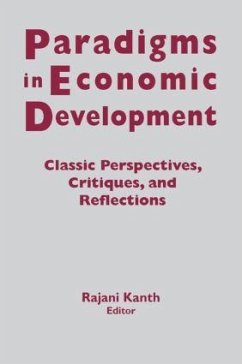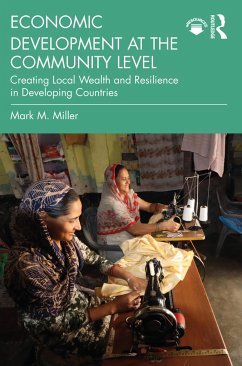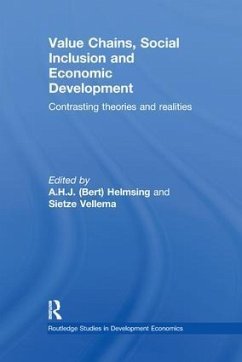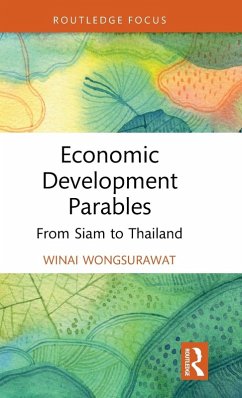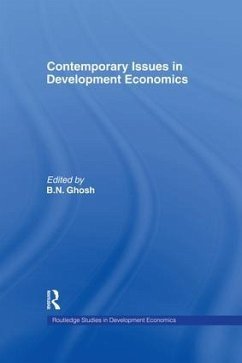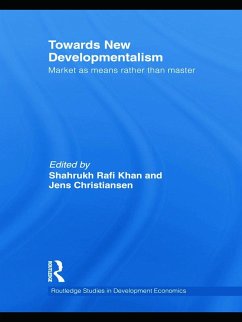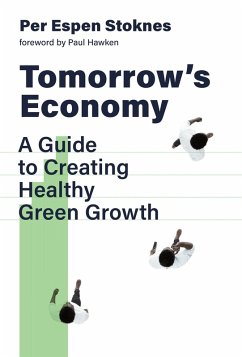
Inequality, Economic Growth and Business Decision-Making
Versandkostenfrei!
Versandfertig in 6-10 Tagen
53,99 €
inkl. MwSt.
Weitere Ausgaben:

PAYBACK Punkte
27 °P sammeln!
It is now widely recognised that rising inequality of income and wealth on the one hand and a slowdown in the rate of economic growth on the other are two of the most important challenges faced today by the global economy as well as by most of the developing economies. This book starts by explaining how these two issues are interrelated. There is no dearth of books on the role that the economic policies of the government can play in meeting these twin challenges. The role of business managers in the private sector of the economy, however, is a relatively neglected area. This book seeks to clos...
It is now widely recognised that rising inequality of income and wealth on the one hand and a slowdown in the rate of economic growth on the other are two of the most important challenges faced today by the global economy as well as by most of the developing economies. This book starts by explaining how these two issues are interrelated. There is no dearth of books on the role that the economic policies of the government can play in meeting these twin challenges. The role of business managers in the private sector of the economy, however, is a relatively neglected area. This book seeks to close this gap in the literature. The central message of the book is that, contrary to popular belief, it is in the interests of private business itself that business managers take into account the effects that their decisions have on the economy as a whole. It is shown that a failure to do so would hurt their own economic prospects in both the short run and the long. Emphasis is given on the importance of an appropriate orientation of managerial decisions and on the role of investors (i.e. the suppliers of capital) in inducing managers to take socially optimal decisions. The book is addressed as much to business managers and students in management courses as to the general reader. Therefore, no prior knowledge of advanced economic theory is presumed. All arguments are built from first principles.




